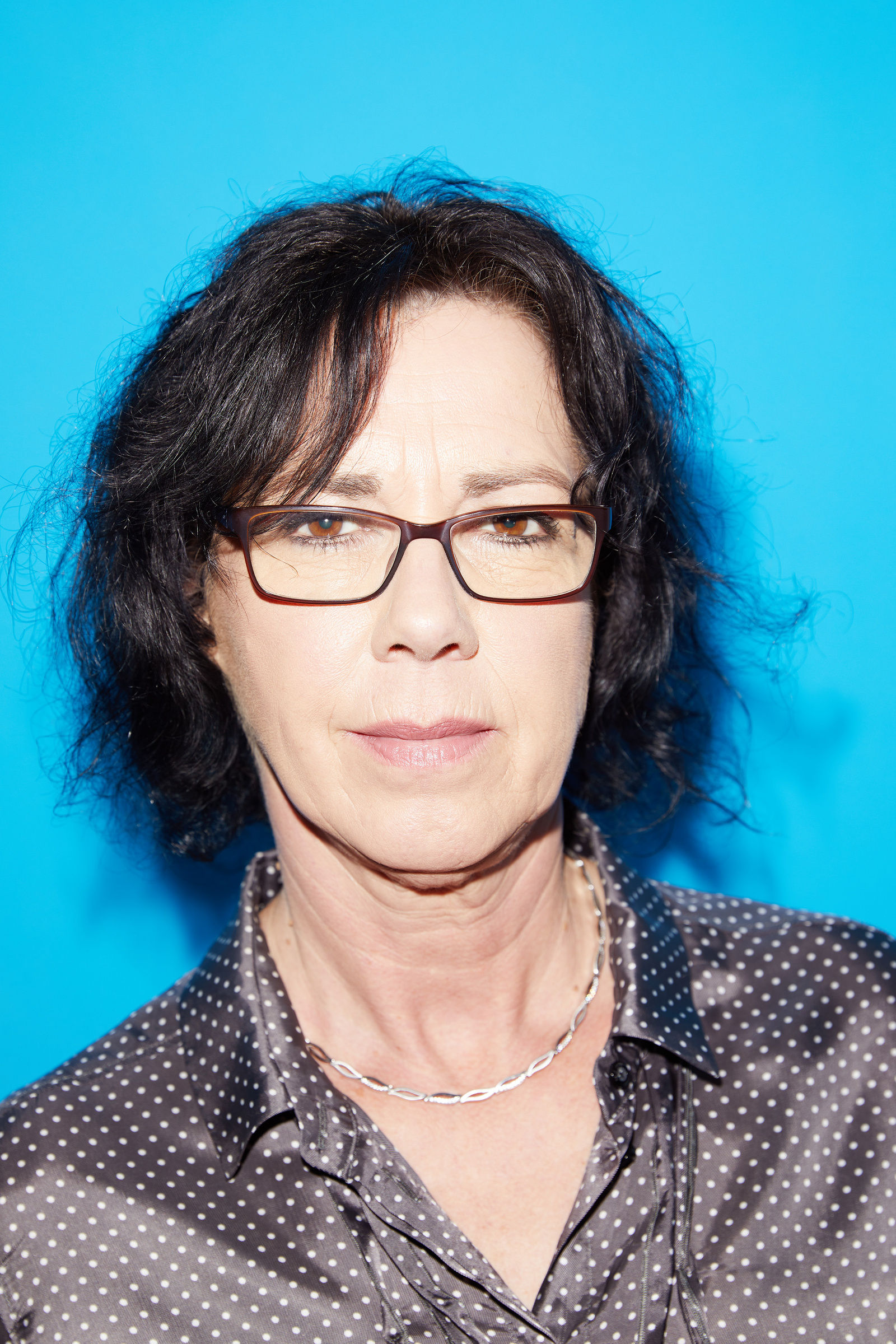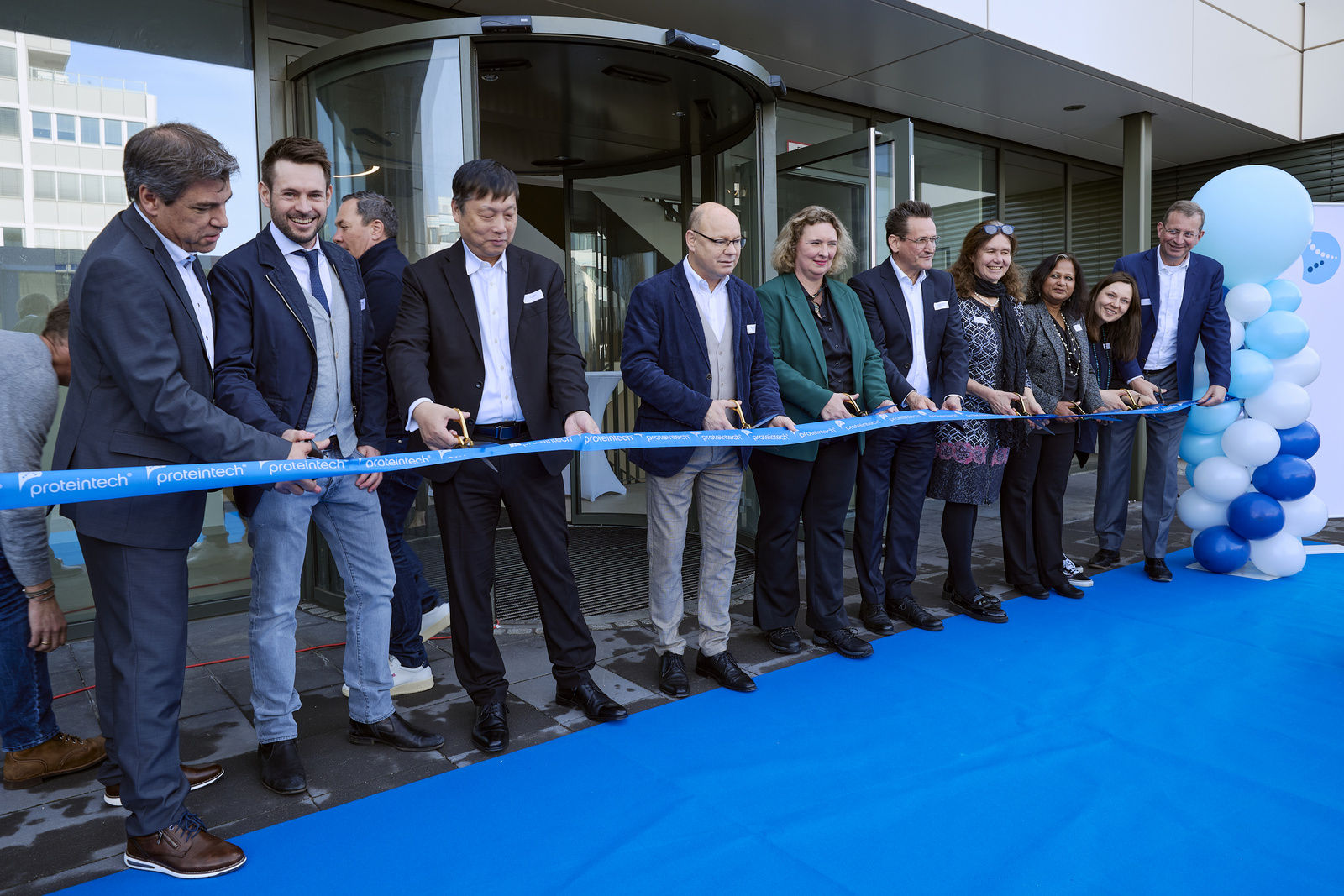- Startseite -
- Digital Bavaria -
- Blog #bytevaria - Why Bavarian regions beyond the big cities are the hot new innovation hotspots
© istock
Perfekt verbunden: Autobahnbrücke über die Donau
Why Bavarian regions beyond the big cities are the hot new innovation hotspots
If you are considering setting up or expanding your business in Bavaria, chances are you are thinking about metropolises like Munich or Nuremberg. Less known is the fact that Bavaria is home to under-the-radar innovation hotspots that help businesses thrive – beyond the bigger cities. So it's worth taking a look at the regions off the beaten path!
Bavaria has an area of around 70,542 square kilometres, making it Germany's largest federal state. Universities, research and development departments and a state-of-the-art infrastructure are equally present in all Bavarian regions - whether in the metropolitan regions of Munich and Nuremberg or in rural areas.
Innovative microhubs thrive beyond the big cities.
The EU’s Regional Innovation Scoreboard, a regional extension of the European Innovation Scoreboard, reflects Bavaria’s decentralised structure: All regions (“Regierungsbezirke”) in Bavaria have 120% more employment in medium-high/high-tech manufacturing and knowledge-intensive services as a percentage of the total workforce compared to the European average. All regions in Bavaria also have 90-120% more European Patent Office applications than the European average.
Since well before the beginning of the pandemic, these areas have been increasingly attracting younger people and sought-after talent. Based on recent numbers from Germany’s Federal Institute for Population Research, 3.7% more 30- to 49-year-olds in Germany traded life in a big city for a smaller town or rural area in 2021. Moves to larger cities decreased by a total of 5.4%.
Suburbanisation is fueled by digitization and the pandemic.
This ongoing “suburbanisation” trend is fueling growth in under-the-radar innovation hotspots and presents a major opportunity for businesses. It might be cheaper to run a company outside of the big cities in Bavaria – without having to compromise on infrastructure. This is especially true when large areas are needed for production, for example, and they are also more easily accessible. In addition, rent and land prices are significantly cheaper than in metropolitan areas. To find suitable commercial space or real estate, our interactive competence map can help you.
Digitization is also making it easier to access clients. Plus, employees value the promise of excellent career opportunities coupled with a more balanced lifestyle and lower costs of living, especially for families. Locally recruited staff also tend to form closer links to their employer. Universities can also be found in more rural areas, creating a pool of qualified specialists and possibilities for collaboration. Communication channels can be shortened by working together with the already resident companies.
The Prognos Future Atlas 2022 has also shown the potential of Bavarian regions and how future-proof they are.
In addition, its numerous successful family-owned businesses, many of which are “hidden champions”, have a culture of thinking glocally, i.e., staying loyal to their home turf while conquering global markets. These companies are often not just a major employer and economic factor in the region, but also engage in local projects.
Let’s take a tour of some of the hotspots in the Bavarian surroundings:
Herzogenaurach has about 25,000 inhabitants. At Adidas, every fourth employee working at this site comes from abroad. More than 70 nations are represented, making the town more and more international, despite its small size.
Adidas works hard to make foreign employees feel at home. It even has a website encouraging job applicants to take the leap to Franconia. "It was clear that we could only recruit international talent if we could ensure that their families felt welcome and that their children received the best possible education - close to where they work and live," says HR manager Matthias Malessa. That led Adidas to set up an international school. Puma and the automotive supplier Schaeffler are also based there.
Brose is the fourth-largest family-owned automotive supplier worldwide. Its core competence lies in the combination of mechanics, electrics, electronics, and sensor technology. Every second new car worldwide is equipped with at least one of BROSE's products.
The Brose locations in Coburg and Bamberg are situated in the heart of the Franconian region, with natural landscapes that are well worth seeing and experiencing: they exude a special charm and offer a high quality of life. “Working where others go on vacation” is a motto of the Brose locations. They are not strictly located in the countryside, but they are clearly not in metropolises, either.
Thanks to excellent public transportation, metropolises such as Nuremberg and Munich are easily reached.
Franconia’s universities attract thousands of students from outside the region who feel welcome and at home here and appreciate job opportunities that allows them to stay.
At Brose, around two-thirds of all employees work outside Germany. Every working day is international due to cross-border and multilingual communication between locations and project teams.
Vilsbiburg is a small town of about 11,000 inhabitants in Lower Bavaria. DRÄXLMAIER is an automotive OEM and world market leader for innovative wiring systems, battery systems, modern electrical and electronic components, and exclusive interiors.
Modern, central, and family-friendly – this is how you could describe DRÄXLMAIER’s location.
The company is headquartered in the Landshut district, known for its strong economy. The area also can count on "Silicon Vilstal", a local non-profit initiative that fosters open social innovation and digitization and actively promotes cooperation between regions, experts, and start-ups. The region also offers further opportunities due to its proximity to the metropolis of Munich.
Not only cheese spaetzle, a kind of regional pasta, and Kneipp baths come from the Allgaeu region, but also Fendt, a world market leader in the production of high-tech agricultural machinery.
Just a stone’s throw from the famous Neuschwanstein castle, the 18,000-person community of Marktoberdorf has been the company’s headquarters from the very beginning. Today, the brand forms part of the American AGCO corporation and the innovative spearhead of the brand family.
All company divisions, comprising 3,000 employees, work together in Marktoberdorf in the areas of Development, Production, and Sales. The rural location is especially important for the development of future trends and corresponding production in the agricultural industry.
Knauf went from being a family business to creating a corporate family. Founded in 1932, Knauf is based in the Franconian town of Iphofen and is one of the world's leading manufacturers of building materials for interior finishing, building insulation, and for fitting out ceilings.
Knauf is one of the three largest family-owned companies in Bavaria and operates around 220 plants and 75 raw stone operations in over 86 countries worldwide.
Centrally situated in Europe between the European Metropolitan Region of Nuremberg and the technology, university and technical college locations of Würzburg and Schweinfurt, its location in the Kitzinger Land region offers scope for significant logistical, specialist, and innovative growth rates.
Neutraubling is home to Krones, which supplies the beverage industry and food producers with process technology, filling technology, and packaging machines, all the way through to IT solutions. With more than 100 sites all over the world, Krones has already established a global network in the area of lifecycle services. It is a classic “hidden champion” and market leader in its field. Neutraubling is located close to the famous university town of Regensburg, which makes it easy to attract new talents. Many other successful companies can be found in the vicinity of Regensburg. BMW runs one of its most advanced factories here.
The parent company and headquarters of Rosenberger are located in Fridolfing in the southeast of Germany, nestled in the middle of the Upper Bavarian foothills. Fridolfing has around 4,500 inhabitants.
Together with its partner companies, Rosenberger is one of the world's leading providers of high frequency, high voltage, and fiber optic technologies.
Fridolfing is situated in the scenic Alpine region of “Rupertiwinkel”, close to the historic cities of Burghausen, Laufen, and Salzburg. Surrounded by the Chiemgau Alpine foothills, Berchtesgaden, and the Salzburg Alps, its location between the Salzach River and the Waginger Lake offers a wide variety of leisure activities. The strong regional economy also ensures an excellent quality of life.
Rosenberger has always been deeply rooted in the Bavarian landscape and culture and, despite increasing internationalisation, is fully committed to the Fridolfing location - based on the successful “laptop and lederhosen” model.
Are you excited about getting to know Bavaria better as a business location?
We can point you in the right direction! Learn more about our services and how we can help you find the location that is right for you.

- von Jutta Stohwasser
- Investor Services Energy Technology | Funding and financing options
- Alle Artikel dieses Autors anzeigen

Chicago/Planegg-Martinsried: the US-based Proteintech Group triples the size of its site in Bavaria – with a key focus on research & development, production and logistics

How Companies are Mastering Today’s Challenges with Resilience

